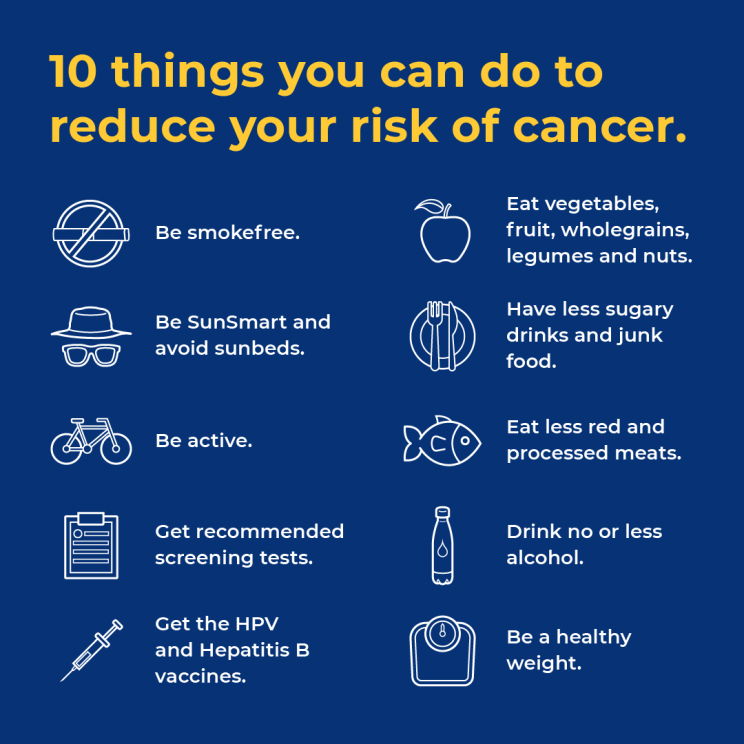The intricate relationship between sleep and overall health has garnered significant attention in recent years, with emerging research suggesting that women, in particular, may benefit from prioritizing adequate sleep as a potential strategy to reduce their risk of cancer. In a world that often glorifies busyness and productivity, the notion of altering our sleep habits to foster well-being may seem counterintuitive. However, a deeper exploration into the science of sleep reveals compelling evidence that underscores the importance of this often-overlooked aspect of health.
Research indicates that women typically face unique physiological and psychological stressors, such as hormonal fluctuations, caregiving responsibilities, and societal expectations, that can adversely affect their sleep quality and duration. This precarious balance of demands can lead to chronic sleep deprivation, which has been linked to a myriad of health issues, including an increased risk of developing various cancers. Thus, understanding the role of sleep as a protective factor in cancer prevention is of paramount importance.
A plethora of studies has shown that irregular sleep patterns and inadequate rest can disrupt essential biological processes, such as circadian rhythms and hormonal regulation. For instance, melatonin, a hormone that regulates sleep-wake cycles, has been observed to possess oncostatic properties that may inhibit tumor growth. Women who experience consistent sleep disturbances may not only deprive themselves of restorative rest but inadvertently compromise their body’s ability to regulate hormone levels, thereby heightening the risk of hormone-related cancers, such as breast or ovarian cancer.
Moreover, sleep deprivation has been shown to induce inflammation and impair immune function, both of which are critical players in the body’s ability to ward off cancerous cells. An enduring cycle of inadequate sleep can create a fertile ground for cancer proliferation, emphasizing the necessity of cultivating sleep habits that foster health rather than undermine it.
The pursuit of better sleep is not merely about clocking hours; it encompasses the quality of rest. Women are encouraged to cultivate practices that promote restorative sleep, such as establishing a consistent bedtime routine, minimizing exposure to electronic devices before sleep, and creating a serene sleep environment. These strategies can help foster the deep sleep necessary for optimal physiological function and cancer prevention.
Ultimately, a paradigm shift towards valuing sleep as a crucial component of health and cancer prevention could empower women to reclaim this essential aspect of their lives. By embracing sleep as a priority rather than a luxury, women may unveil a newfound sense of agency over their health, cultivating resilience against the myriad challenges life presents. As understanding deepens around the interplay of sleep and health, the call to action is clear: sleep more, thrive more, and reduce risks where possible.
